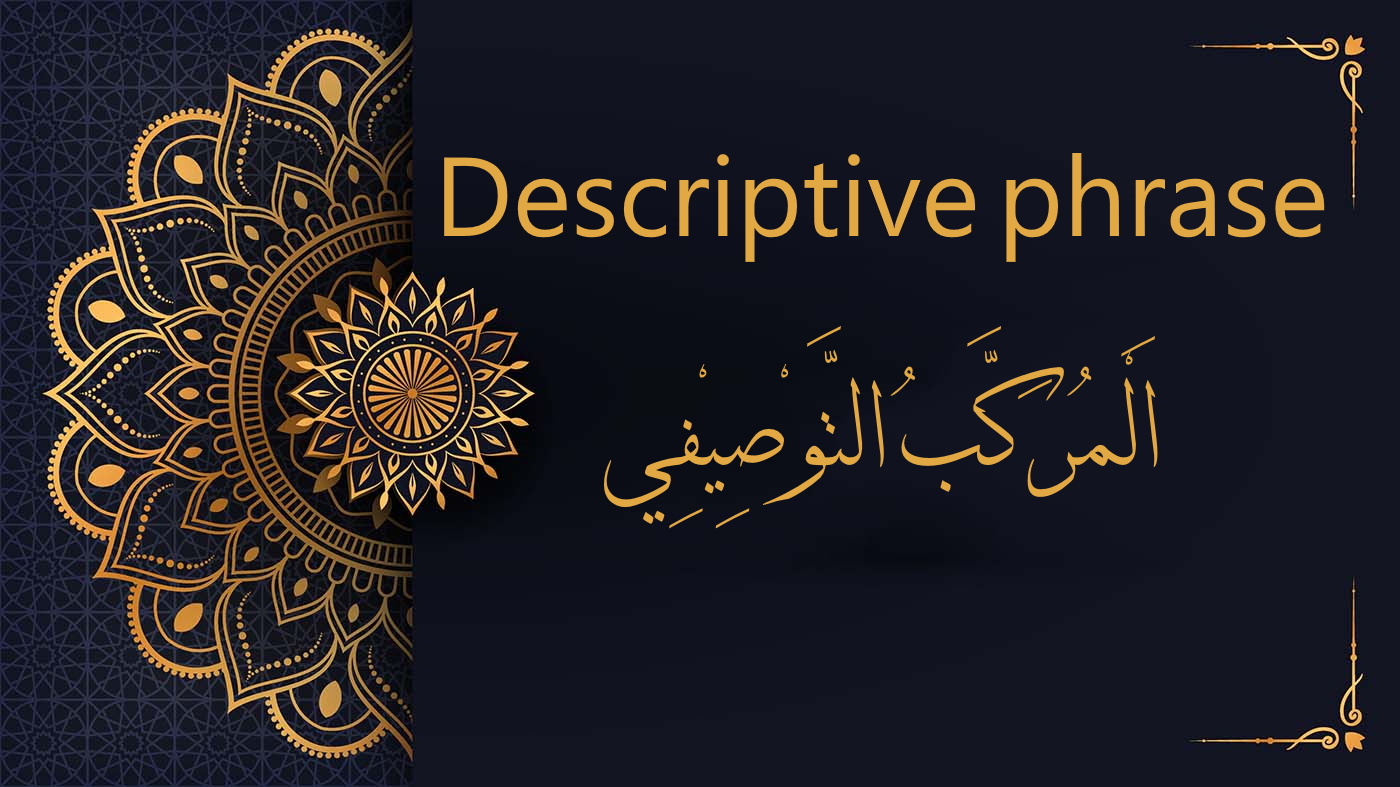Descriptive phrase in Arabic – الْمُركَّبُ التَّوْصِيْفِي | Arabic Free Course

Descriptive phrase in Arabic – الْمُركَّبُ التَّوْصِيْفِي Introduction In Arabic, the descriptive phrase pairs two nouns, with the second acting as an adjective that elucidates the nature of the first. Within this structure, the primary noun, the one being described, is referred to as: اَلْمَنْعُوتُ or اَلْمَوْصُوفُ. Subsequently, the second noun, which functions […]

